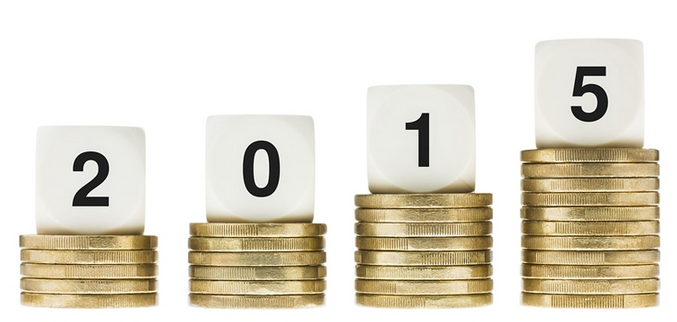 Budgeting
Budgeting
Six Money Resolutions for a Wealthier New Year
New Year’s is almost synonymous with resolutions. Besides health related resolutions, money is the next biggest goal to accomplish. For many, it can be incredibly hard to conquer and they do best when it is forgotten about. However, dealing with your finances does not have to be a punishment. There are several ways to reign in your spending and to keep yourself accountable for your money in this coming year.
1. Create a Budget
When it comes to overspending, a budget is an absolute necessary remedy. Even if you don’t like it, it can save you from debt in the future and help you in emergencies. Set aside a few hours or a few days to track everywhere your money goes. The next step is to determine what exactly you need to survive on. There are many resources available online to help you understand how much of your paycheck should be dedicated to each category. Find a way to hold yourself accountable for all of your extra spending.
2. Make Only Cash Payments
When using a credit or a debit card, it can be easy to ignore how much money is exchanging. Having the exact amount of cash you need will cut down on those impulsive purchases. Once you’ve created your budget, get the cash amount of everything you need. While you can pay your bills online, it is best to keep day-to-day spending in cash. That way, the money you have on hand is all the money that you can spend. It will help you really consider if each purchase is worth it.
3. Have an Emergency Fund
When a car breaks down or a medical bill comes in, it can easily destroy the budget you’ve worked so hard to create. Having a savings account or emergency fund is crucial for when these occasions occur. Even saving $20 a week can build up over time. That way you can save yourself stress when the time comes and you need money quickly. You will have access to it instantly without worrying about where the money will come from.
4. Pay off Credit Card Debts
If you’re like most people, you probably have loans or debt you need to pay off. A section of your budget should be dedicated solely to paying that money back. Try your best to pay above the minimum amount required, so you can reduce the length of time in which you must pay these amounts back. Since you should no longer be racking up more credit card debt, you should be able to devote more money to the debt you already have. A suggestion would be to pay more on the bills that have the higher interest rate so you can save money in the long run.
5. Cut Unnecessary Spending
Excessive dinners, shopping sprees, and sporting events are all examples of unnecessary spending. While you don’t have to stop your social life while on a budget, you should know the difference between critical expenses and needless costs. Impulsive buys fall into this category as well. Use your budget wisely and only spend money when you know the necessities are already paid for.
6. Plan For Retirement
Investing in yourself is one of the smartest decisions you can make. Retirement is an expense that almost everyone is going to have to face. You don’t want to reach that age and realize you don’t have enough money to live comfortably. One guaranteed part of your budget should being going to a retirement fund. Even if your company or the government will help pay you when you do decide to retire, it is best to rely on yourself. Talk to a financial investor and decide how much money you will need to have to set aside to cover your expenses when you get older. Make sure to account for inflation as well as unexpected costs in the future.
Having a New Year’s money resolution is a wise decision for your future. With a little practice and patience, you can accomplish all of your goals. Having a firm grasp on your finances is something that will help you for many New Years to come.




